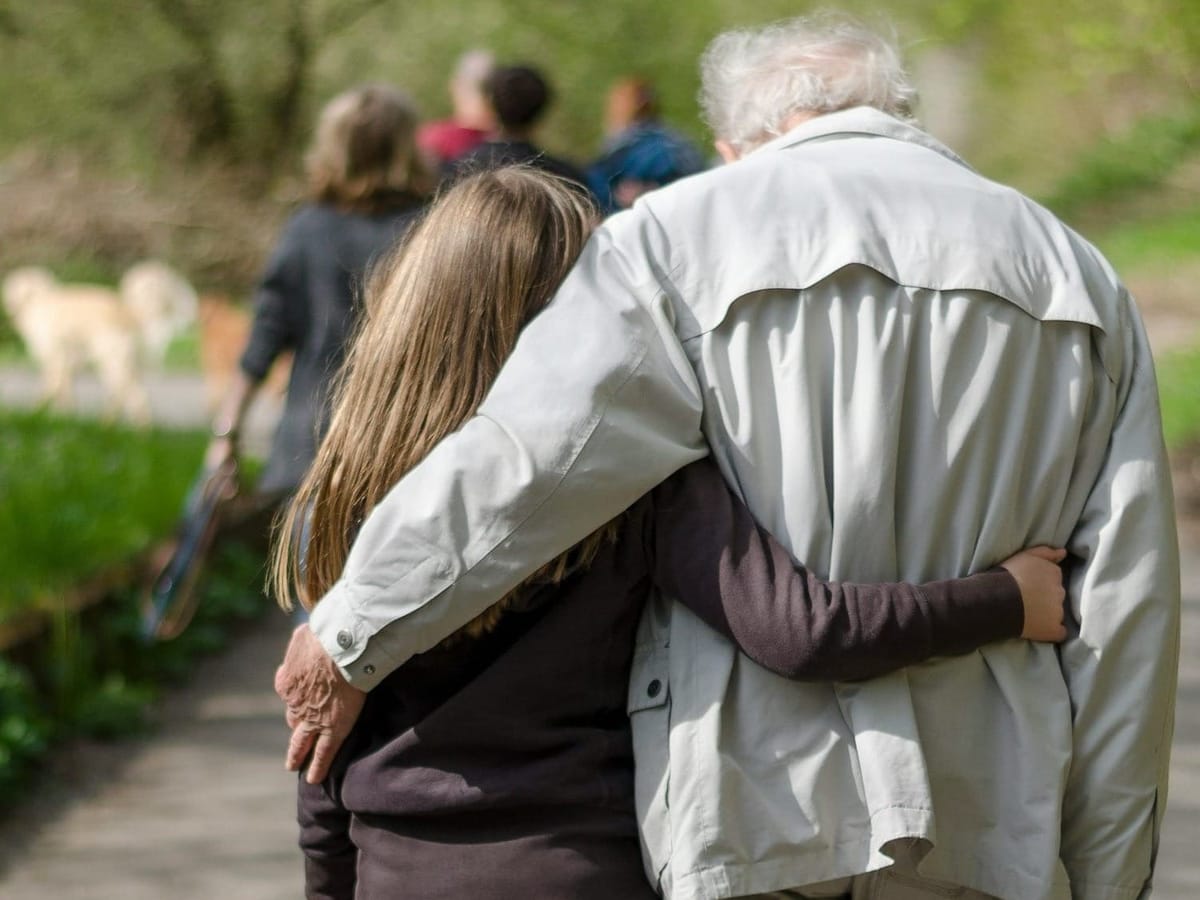Family Caregiver and Power of Attorney (POA)
Katrina Gilbert shares her personal experience as the POA and primary caregiver for her 84-year-old grandmother, who has recently been admitted to a nursing and rehab care center. Learn about the challenges and best practices for advocating for quality care and handling uninvolved family members.

Hello,
I'm Katrina Gilbert, and I am the Power of Attorney (POA) for my 84-year-old grandmother. Over the past year, her health has deteriorated rapidly, leaving her unable to care for herself. As a result, I made the decision to move back in with her to become her primary caregiver. These past six months have been exceptionally challenging, as I now find myself responsible for her health and dealing with her 50-year-old children who also live with her but are reluctant to contribute financially.
One month ago, my grandmother was admitted to a nursing and rehab care center. During her stay, she expressed to both the social worker and me that she plans to be there long-term. However, I am concerned because I know that she is not always in the right frame of mind. What should I do in this situation?
-Katrina
Katrina,
Unless she is declared legally incompetent, there is limited action you can take other than to support her decision. I understand that this is a difficult situation for you. It's possible that your grandmother does not want to be a burden to you, and her decision might reflect her desire to ensure your financial well-being.
She may also be more mentally sound than you think. It's essential to consider that her adult children in their fifties may face a significant wake-up call if the house they live in is in her name. In order to pay for her care in the nursing home, the house may need to be sold. This financial responsibility might be an unexpected outcome for them. This situation often surprises family members who have not familiarized themselves with the relevant laws and regulations.
I've provided lots more information below for you to read and learn. I hope you find this information helpful.
Warm Regards,
Diane Carbo RN
Caring for a loved one can be overwhelming — but you're not alone. If you have questions, big or small, our expert team is here to help.
👉 Click here to Ask the Expert
This video address the things that a POA should NOT do
Learn about POA and things NOT to do
Regarding your role as POA, Katrina, you will transition from being her primary caregiver to becoming her advocate. This role is crucial. Here are some steps you can take:
- Frequent Visits: Visit your grandmother often and at different times to get a comprehensive sense of her care.
- Building Relationships: Establish relationships with the staff and administration at the care center. This will help you advocate effectively for her.
- Clear Communication: Be firm but respectful when communicating your expectations to the staff. Recognize and acknowledge those who do a good job.
- Monitoring and Reporting: If you notice any infractions or concerns, do not hesitate to report them to the appropriate authorities. The facility takes such reports seriously.
- Persistence: Remember that the squeaky wheel gets the grease. Stay proactive in advocating for your grandmother's care.
Feel free to reach out if you have any further questions or concerns. It's a challenging role you've taken on, but your advocacy is vital to ensuring your grandmother receives the best care possible.
Our Resources section can help you find the information and tools that you need. We have courses, videos, checklists, guidebooks, cheat sheets, how-to guides and more.
You can get started by clicking on the link below. We know that taking care of a loved one is hard work, but with our help you can get the support that you need.
Click here to go to Resources Section now!





